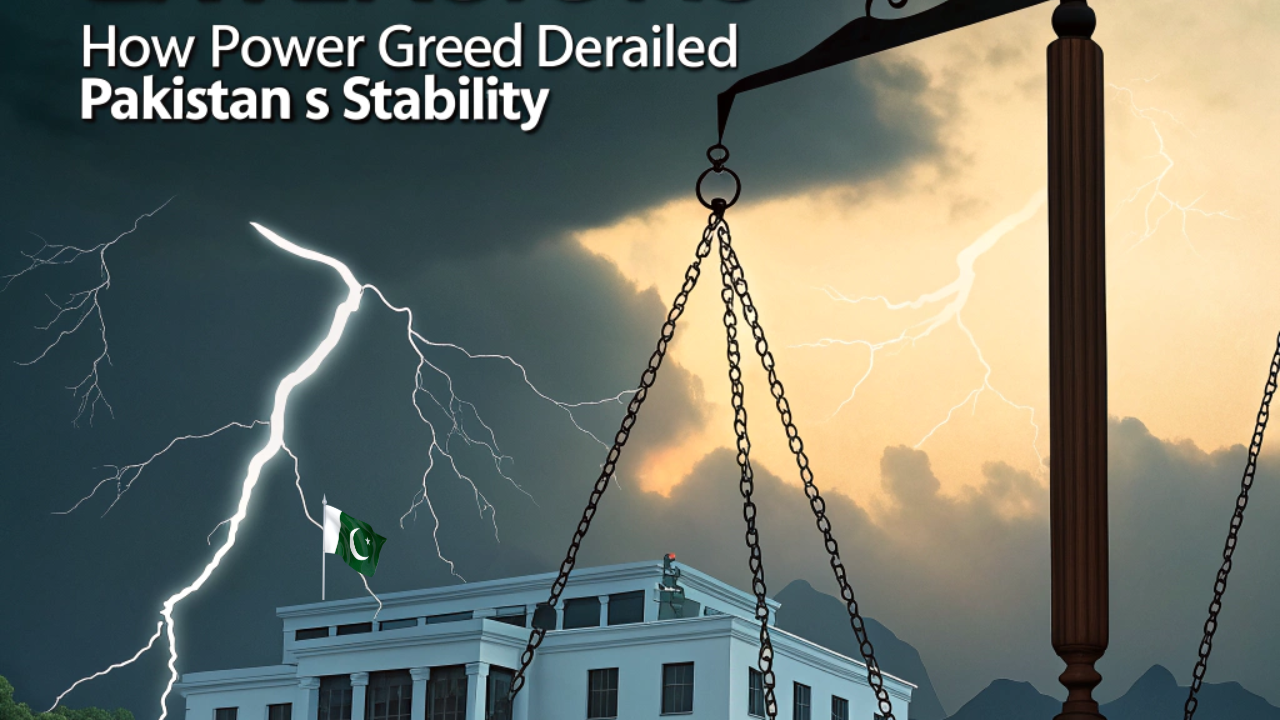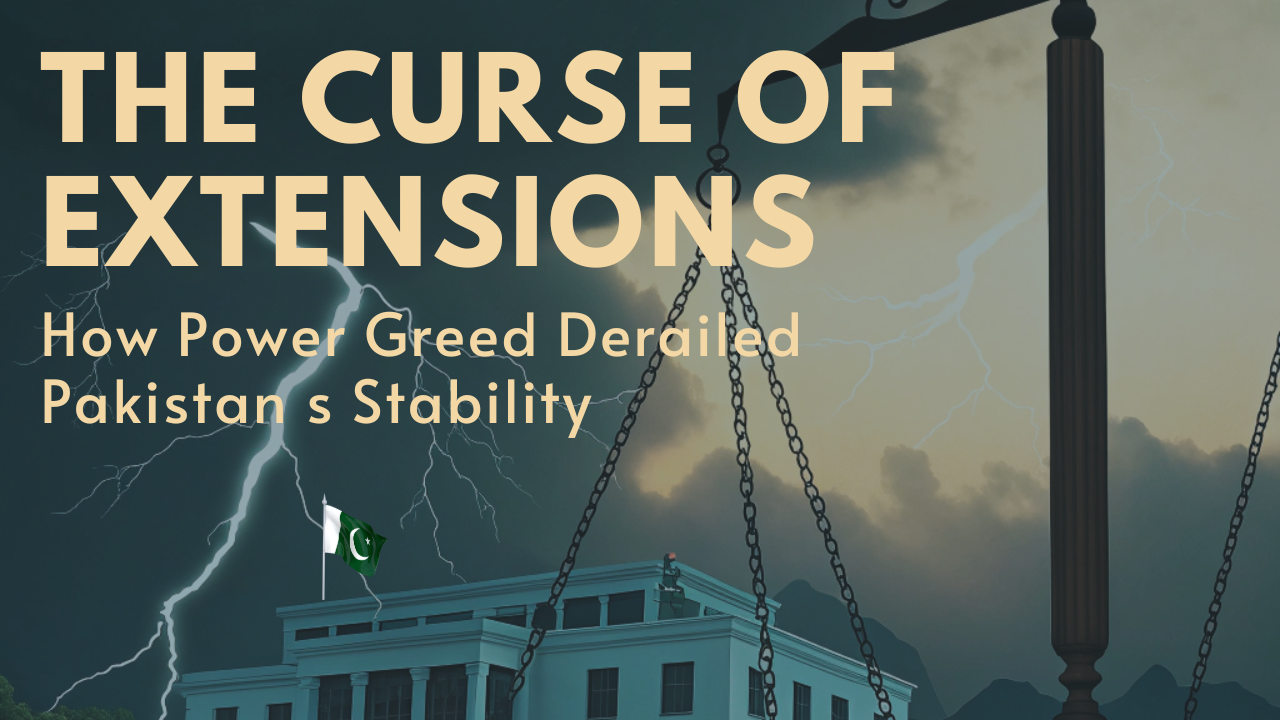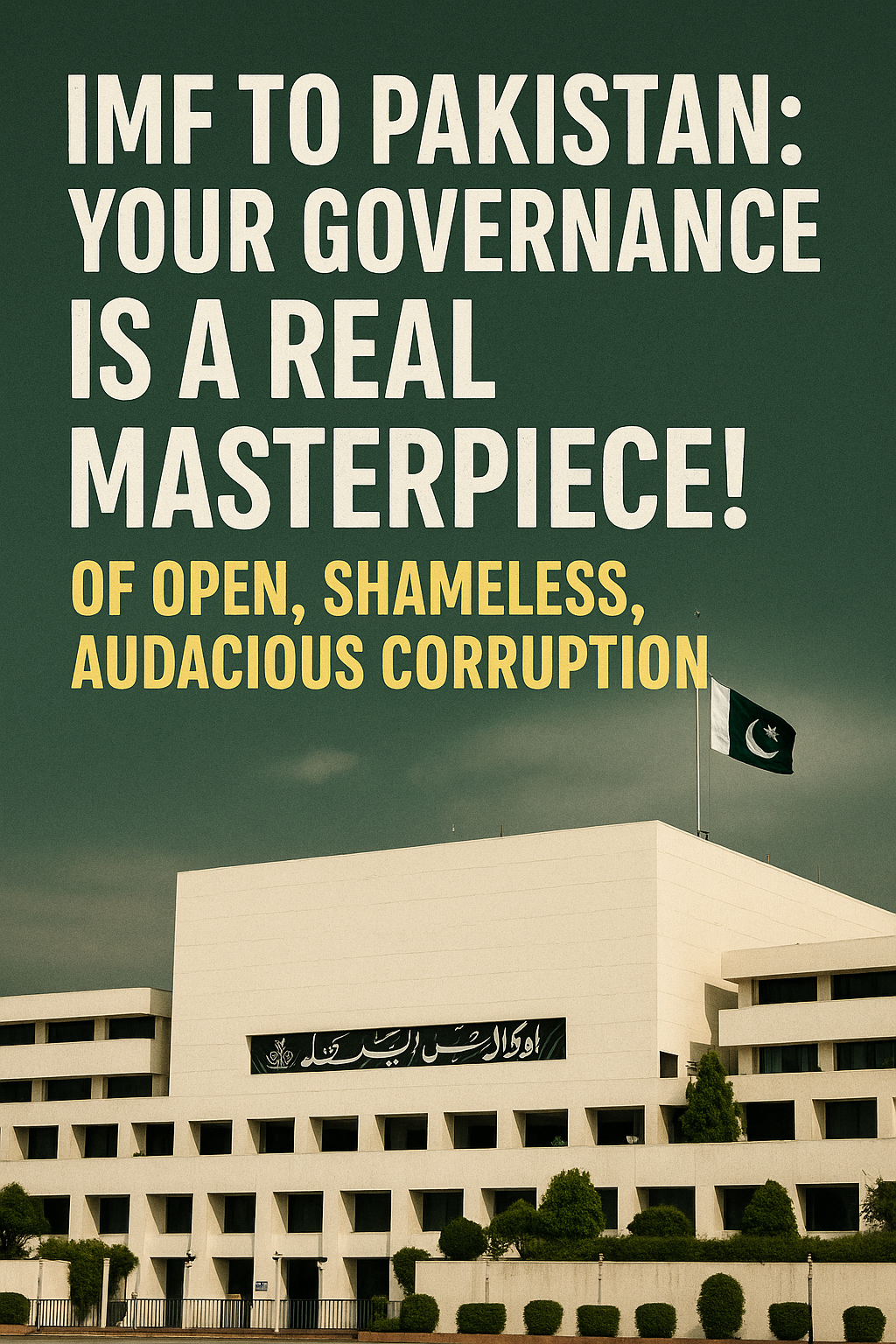Pakistan’s political landscape has long been overshadowed by the ambitions of its military elite. One of the most troubling trends in recent history has been the practice of army chiefs seeking extensions in their tenure. This phenomenon has had far-reaching consequences, influencing regime changes, weakening democratic institutions, and fueling political instability. The case of General Qamar Javed Bajwa stands out as a prime example of how personal ambitions can steer an entire nation toward chaos.

Bajwa’s Power Play and the Fall of PTI
General Bajwa, like many of his predecessors, sought an extension beyond his natural retirement period. However, former Prime Minister Imran Khan was reluctant to grant it. Sensing a roadblock, Bajwa reportedly orchestrated a regime change, aligning with opposition forces and external players to remove Khan’s government. The infamous ‘regime change operation’ was not just about politics; it was about ensuring that military influence remained unchallenged.
The repercussions of this maneuver were devastating. Pakistan was thrown into economic turmoil, governance collapsed, and public trust in state institutions dwindled. The political engineering that followed exposed the extent to which extensions have become a tool for military figures to manipulate the system for their benefit.
Extensions: A Sinister Trend
The concept of military extensions is not new in Pakistan. Almost every extension granted to an army chief has led to long-term instability. When generals overstay their tenures, they develop vested interests in maintaining control, often sidelining civilian leadership and constitutional processes. Instead of focusing on national security, they engage in political deal-making, economic interventions, and policy manipulations that serve their personal agendas rather than the country’s interests.
Such extensions also create a dangerous precedent where future army chiefs expect the same privilege. This diminishes the professionalism of the institution, as promotions within the ranks become subject to political considerations rather than merit. The result? A cycle where loyalty to individuals overrides commitment to national service.
The Fallout of Bajwa’s Extension
Bajwa’s thirst for an extension had dire consequences. Not only did it push Imran Khan out of power, but it also left Pakistan’s economy in shambles. Inflation skyrocketed, the rupee plunged, and governance became hostage to an elite class that had no stake in the people’s welfare.
Moreover, Bajwa’s power play strengthened the perception that Pakistan’s real power lies not in the hands of elected representatives but in Rawalpindi’s corridors of power. The international community also viewed Pakistan as an unstable nation where the military dictated democratic processes, further tarnishing its reputation.
How to End This Dangerous Trend
To break free from this cycle of extensions and power struggles, Pakistan must adopt a series of reforms:
- Constitutional Amendments: There should be a strict constitutional ban on military extensions, ensuring that the tenure of an army chief remains fixed without any possibility of renewal.
- Institutional Reforms: The military should focus solely on defense and national security rather than governance and policymaking. Strengthening civilian supremacy through legal and administrative measures is crucial.
- Independent Oversight: Parliament must establish an independent commission to review and approve key military appointments, reducing the ability of any one individual to manipulate the system.
- Public Accountability: The media and civil society should continue to expose power-grabbing tactics, ensuring that generals remain answerable for their actions.
- Merit-Based Appointments: Internal military promotions must be strictly based on professional competence rather than personal affiliations or political loyalty.
Conclusion
Pakistan’s democratic future depends on its ability to curb the military’s political influence, and that begins with ending the culture of extensions. The Bajwa saga serves as a stark reminder of what happens when power is concentrated in the hands of a few at the expense of the nation. Unless firm measures are taken to prevent future generals from extending their stay, Pakistan will continue to suffer from political instability and economic mismanagement. The road to true democracy is clear: civilian supremacy, constitutional integrity, and an end to the sinister tradition of military extensions.




Leave a Reply to E. Baig Cancel reply